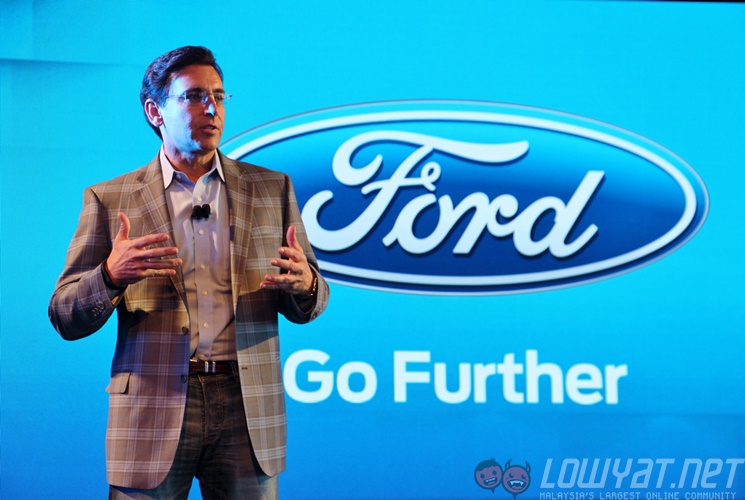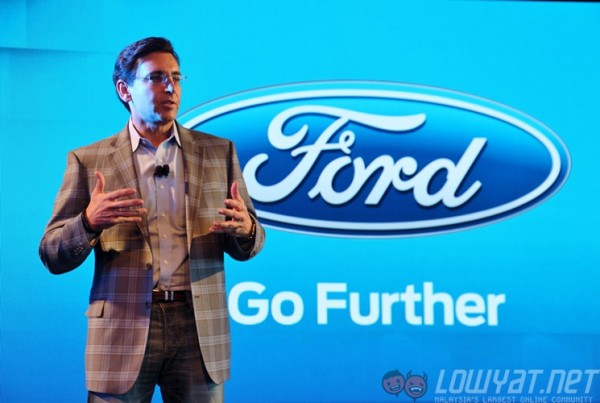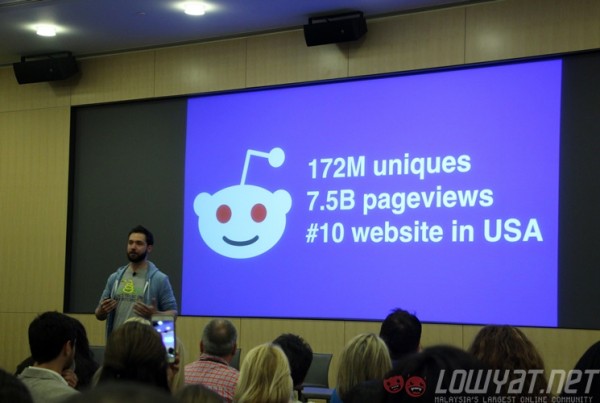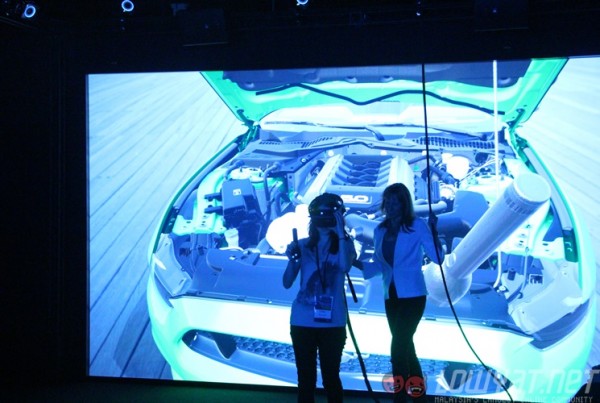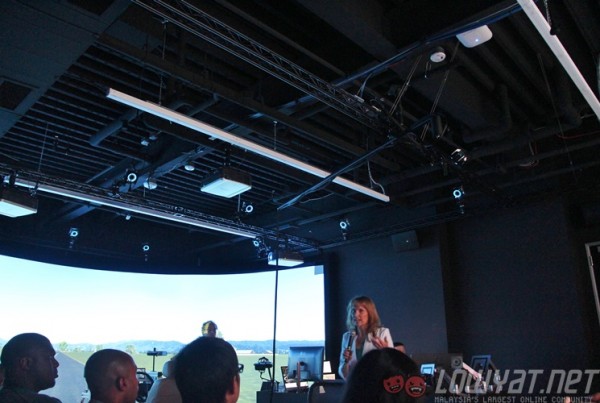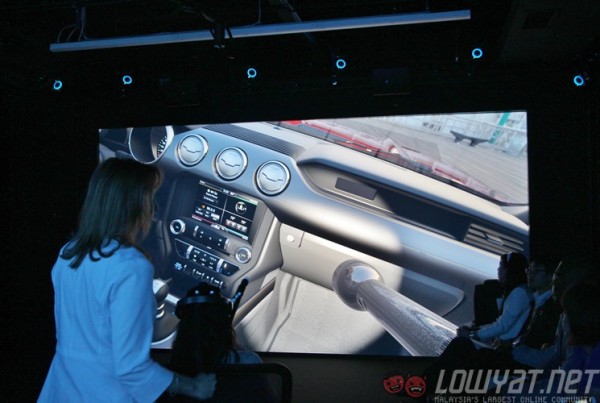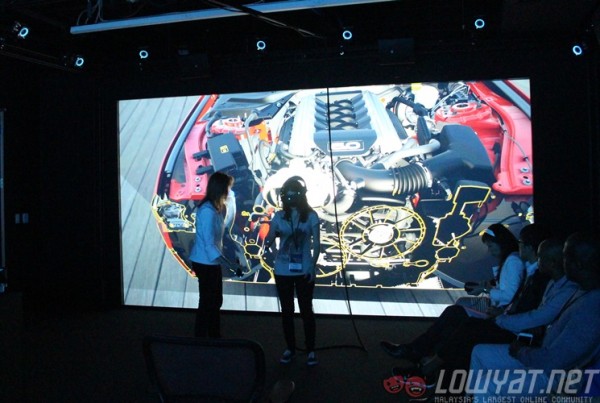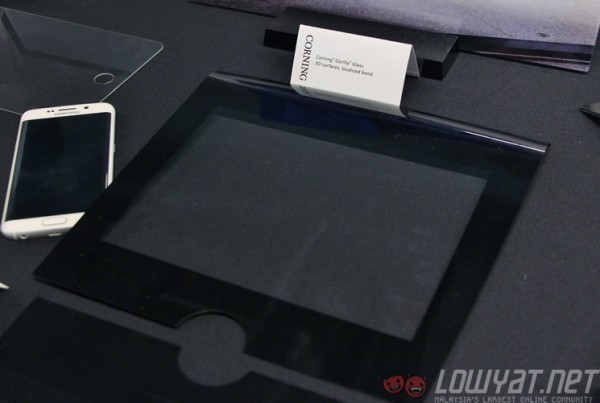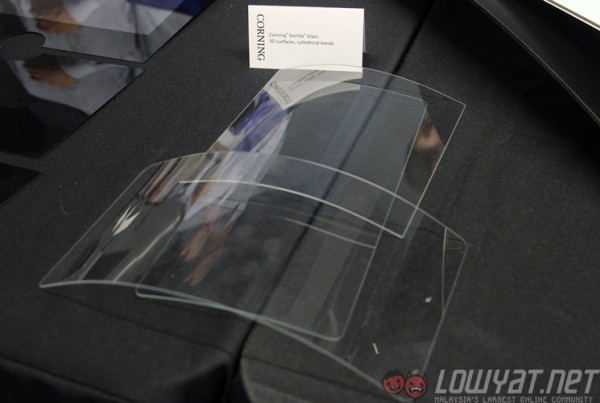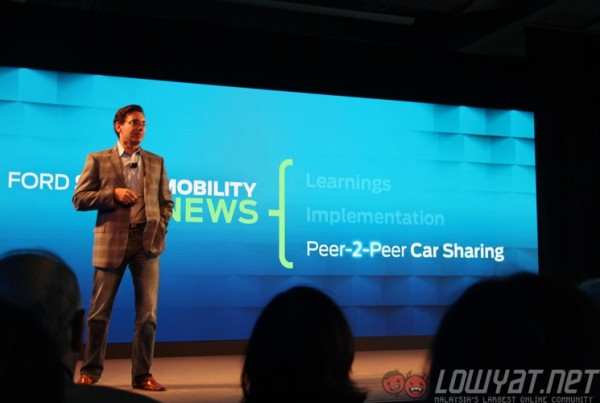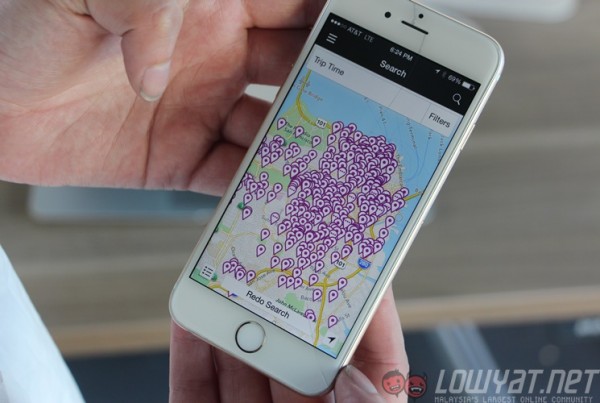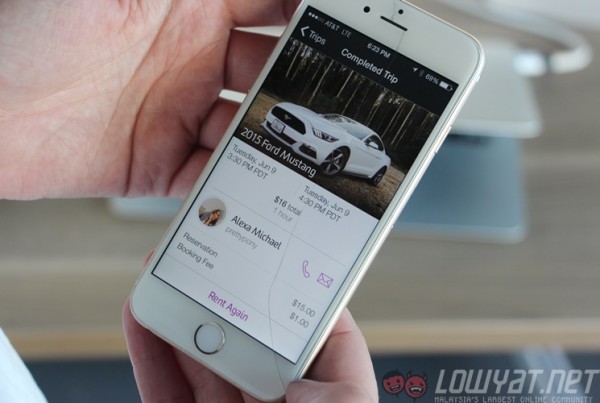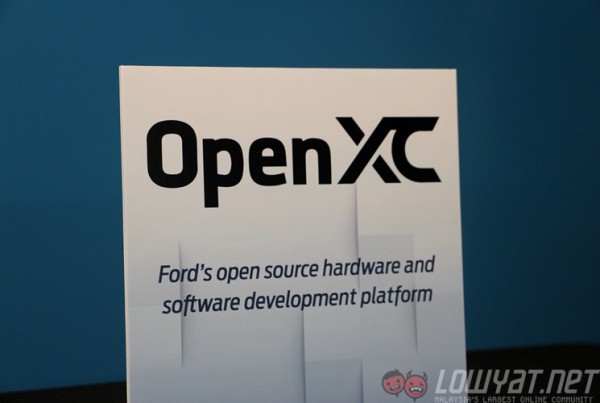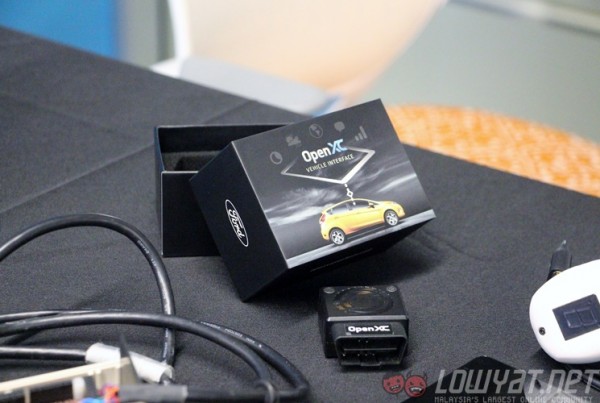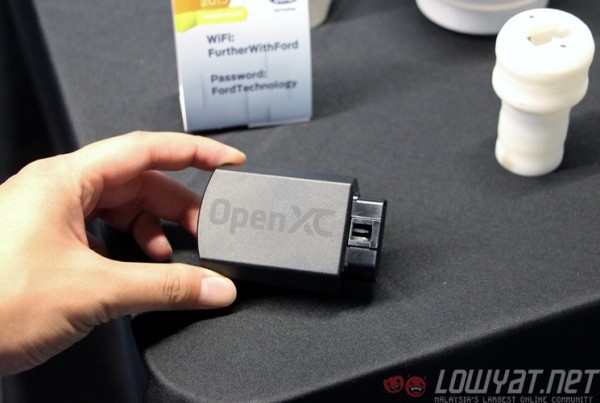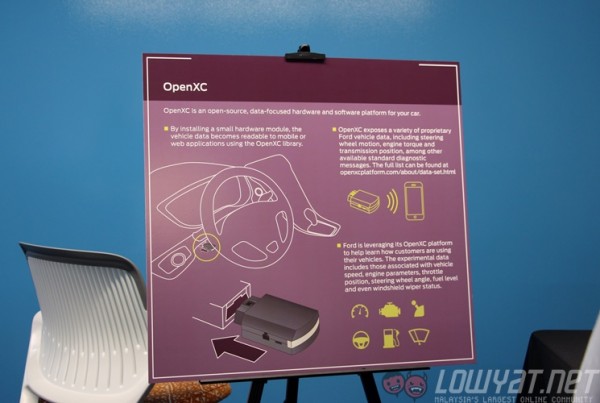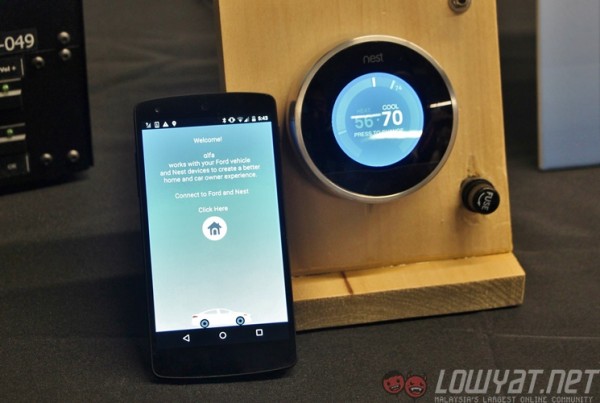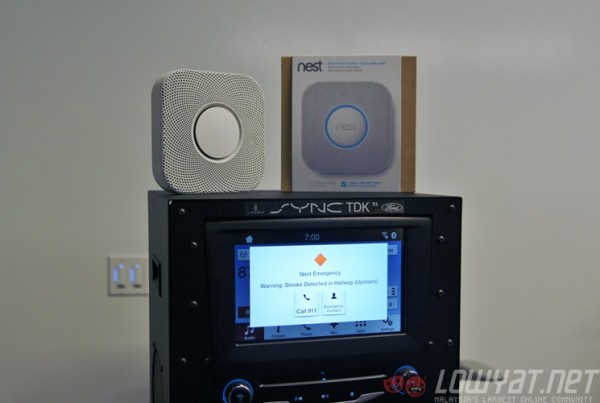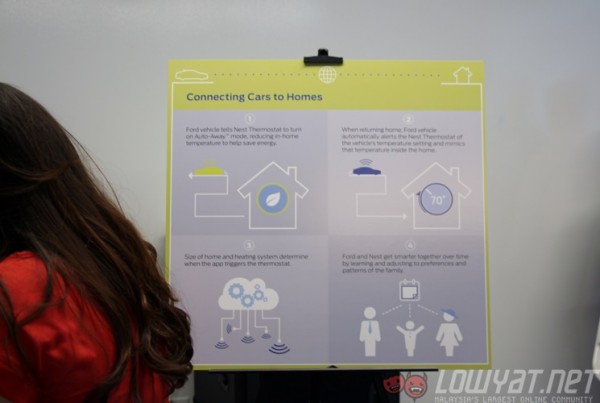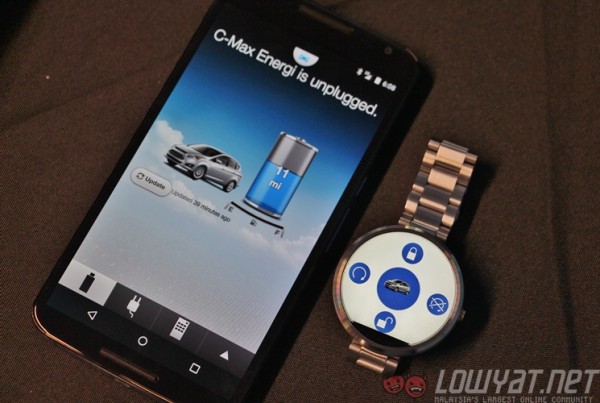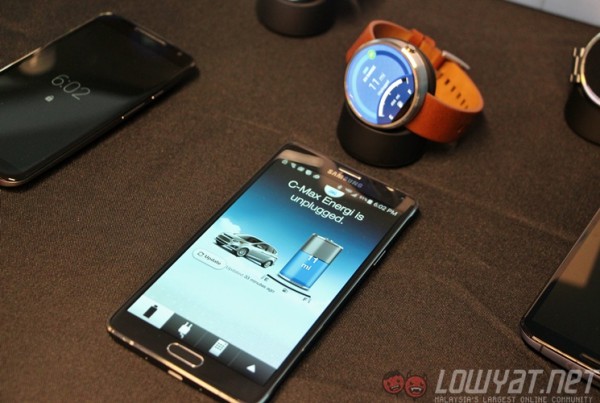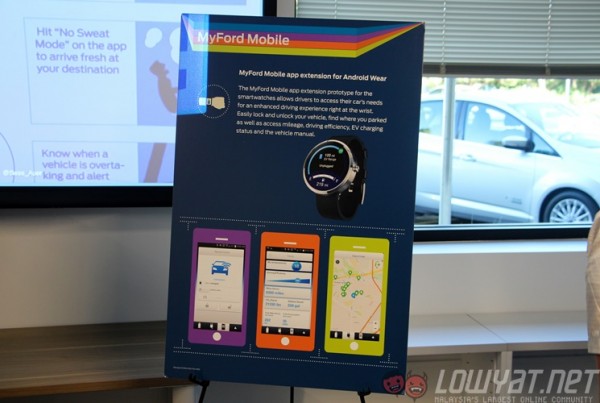“What in the world are we doing here?”
That was a prevailing thought in the early stages of the Future With Ford, which we attended over the course of this week. But as the keynotes and experiential tours passed, we noticed that the group of global journalists invited were not merely from automotive publications: there were people from economic dailies, radio talk shows, other tech media, and even analysts in global trends. One of the keynote speakers was Alexis Ohanian, co-founder of Reddit.
Clearly, this was a different sort of global event.
Further With Ford is an annual global conference that looks at the bigger picture: it’s not about “what would cars look like in 20 years?” but rather “how inter-connected would our cars be with the products we have in 20 years?”. Keynote speeches discuss and dissect the global surge in middle-class populations and how it will affect the cities they live in, the debate of how a human would respond when in an autonomous car, and even to how the upcoming “Gen Z” kids will shape – and are already shaping – the world we live in today.
Most importantly, Ford was ringing a very clear tune: how the automotive industry can not only learn, but work with the technology industry which innovates at breakneck speed.
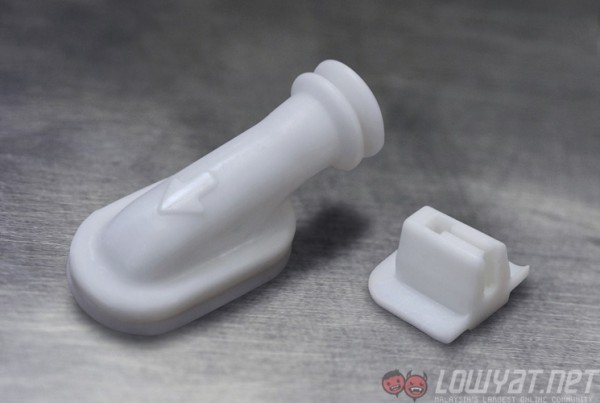
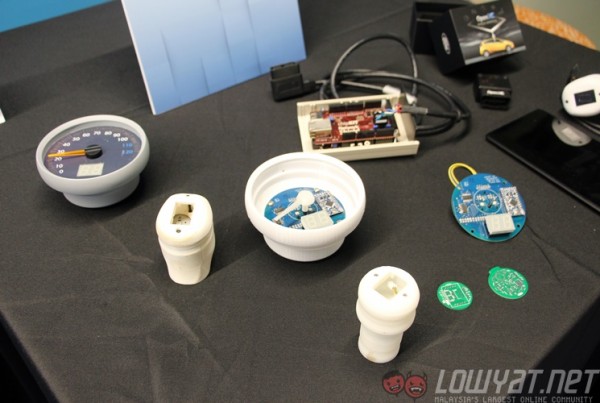
https://www.youtube.com/watch?v=BvJugFBC3x0&feature=youtu.be
A visit to Ford’s Research and Innovation Centre in the Silicon Valley brought us up to speed with the research findings Ford has already in advanced stages. Take, for example, 3D printing. If you can virtually 3D print anything and dramatically reduce manufacturing costs, why not build car parts with with this method? And why stop there – why not build a 3D printed car?
Besides that, Ford is also actively using VR in the Immersion Lab, which is a vast, essentially empty room – but with a complex array of sensors and cameras mounted at the ceiling. Using a VR headset, an engineer or a designer can “view” a future car design in ways no one previously could: virtually. No renders or mockups, but a life-size model of the vehicle, complete with engine block and interior touches.
And, because it’s VR, you can literally walk into the car and the exterior vanishes, showing you the internal engine parts. The VR renders are so realistic, designers can view the car and how its subtle curves respond to various sources of light, and which colours look best – all without having to ever build a prototype.
In addition, with the lightning-fast connection speeds at the lab, Ford says the Immersion Lab has been used by engineers and designers doing “VR conference calls” – where both parties are connected in a VR world, looking at the same car, allowing them to discuss specific details despite being in different parts of the world.
Corning is a brand we usually associate with Gorilla Glass, the tough-as-nails material used on smartphone displays. Ford is working with Corning to see how it can use the super tough Gorilla Glass technology to replace standard glass windows and windscreens. The benefits are immediately apparent: Corning says a similar-sized Gorilla Glass windscreen is thinner and up to 40% lighter than conventional glass windscreens.
The company also stated that it has built curved glass screens that will fit into dashboard consoles of the future, where the experience is just like using your smartphone.
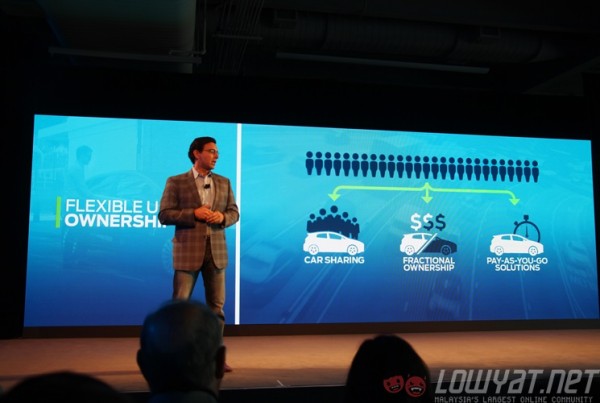
Ford CEO Mark Fields also gave updates on its Ford Smart Mobility research program. It currently has conducted 25 mobility-related experiments, with plenty revealing interesting findings that point to an intersection between automotive and mobile technology. As such, the company has begun furthering specific researches into public experiments with disruptive ideas.
For example, Ford is looking at what it calls “peer to peer car-sharing”, and has begun conducting research in San Francisco, London and several other cities. Ford postulates that in the future, the costs involved in owning a car will slowly form a community of people who prefer to share the costs.
In San Francisco, Ford has partnered with a car-sharing app called Getaround, a service that’s been labelled “the Airbnb of cars” – you rent another person’s car on a short-term basis (hourly, daily or weekly), pick it up where the last user has left it, unlock the car with the app (a unique hardware kit is installed on all Getaround cars), drive it, and when you’re done, just park it anywhere and leave the car at the same fuel level as when you got it.
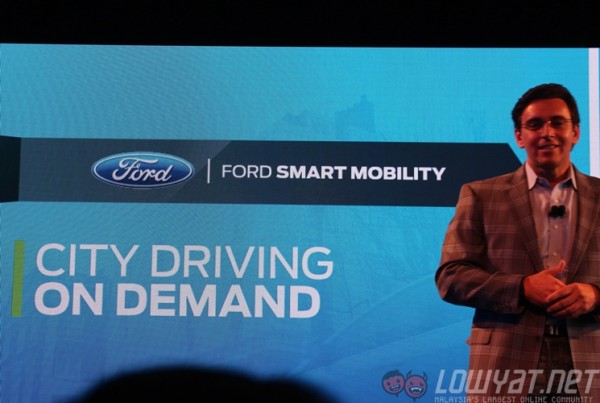
In London, Ford began an on-demand car service that offers guaranteed parking at your destination. Essentially, you can rent a designated Ford car to go from point A to point B, where point B will have a guaranteed designated parking spot, allowing you to leave it there for the next person to rent it to go to another location. A one-way rental, so to speak.
Since the days of Android, the term “open source” has become synonymous with the mobile industry. Ford is looking to change that with the OpenXC project, an open source hardware and software platform for the car. By installing a small hardware module, vehicle data can be accessed and readable to mobile and web apps using the OpenXC library.
These data, which can be anything from gearshift change patterns, vehicle speed and even steering wheel angle, can all be analysed and correlated to either educate consumers be better drivers, or for manufacturers to make better cars.
One big element of the future when it comes to mobile technology is the buzzword that’s known as the “Internet of Things”, or IoT. In the future, virtually every product we own will be connected to one another – and we can already see it happening right now. “Smart” home appliances equipped with WiFi are capable of sending you text messages, and things like the Nest thermostat can eventually be the smartest artificial intelligence living at your home.
What if your car can turn on its engine to cool the cabin temperature a few minutes before you step inside? What if on your journey home, it can tell the Nest thermostat to set the house at the perfect temperature and open the garage as soon as you drive in? Amazingly, this future isn’t actually very far away; Ford isn’t the only company conducting IoT research such as these.
However, it is pretty impressive with what Ford’s done with its MyFord Mobile app. Specifically, the upcoming MyFord app for Android Wear. Currently only compatible with Ford’s range of hybrid vehicles (which are equipped with modems), the app offers the same amount of functions as the mobile app does, letting you lock/unlock the car, remotely turn on the engine, and provides a useful set of information, such as parking location and locations of charging stations nearby.
As one of the pioneering motoring brands, Ford is actively seeking to detach itself from just being a car brand. With strategic partnerships with technology brands and big data companies, Ford seems to be impressively better equipped as a technology and hardware company that’s ready for the future.
Follow us on Instagram, Facebook, Twitter or Telegram for more updates and breaking news.

